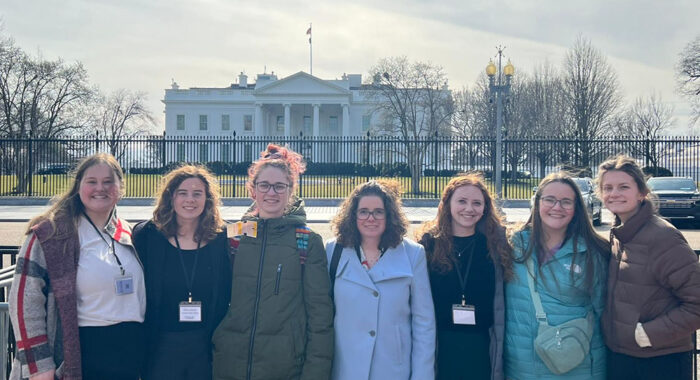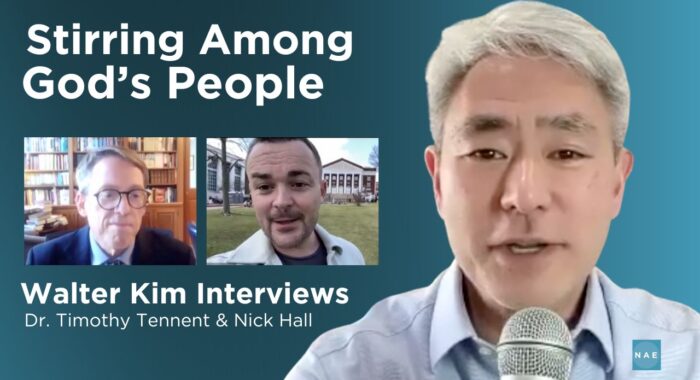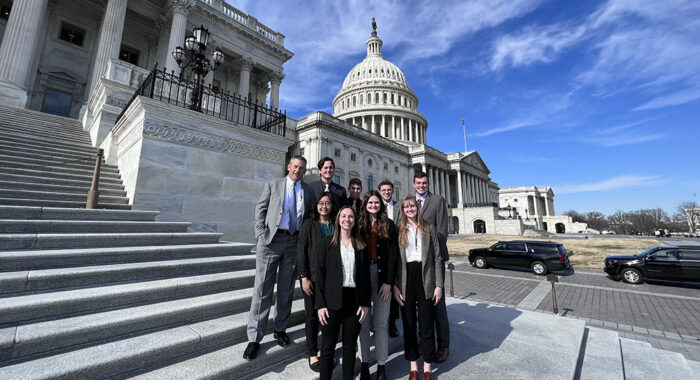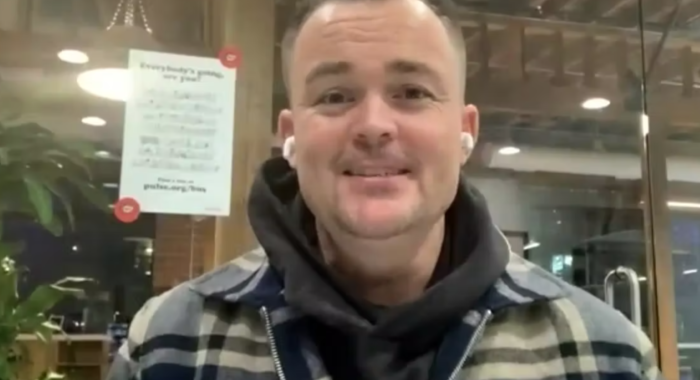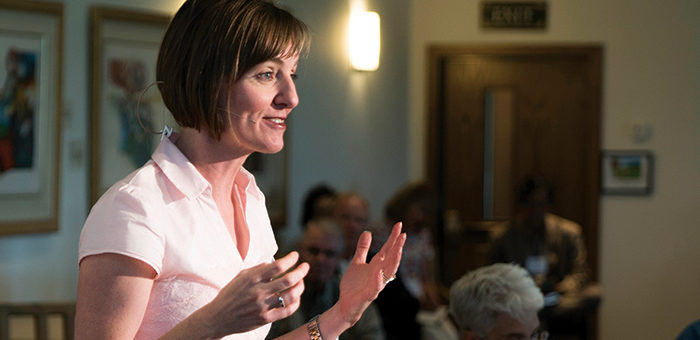
Sixty-four percent of evangelical leaders have not written down any plans for their funeral or memorial services, according to the July Evangelical Leaders Survey. At the same time, many respondents acknowledged the benefits of written plans for family members and others involved in funeral or memorial services.
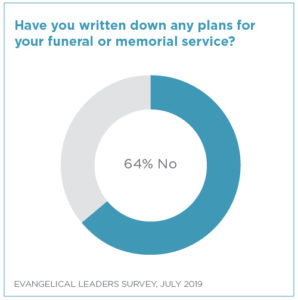
“I have 100 percent chance of dying,” said Todd Fetters, bishop of Church of the United Brethren in Christ. “Don’t know when. Don’t seek it soon. Just know it will happen. My memorial service and funeral plans are a way to bless my family who will have enough to do in the immediate days of my passing. My service was planned 20 years ago and has been changed over the years.”
Some leaders specified additional plans they have made, including identifying a grave site, selecting a tombstone, and leaving passwords, insurance instructions and messages for loved ones. While end-of-life plans can be helpful, one evangelical leader suggested that those left behind should be told that they can amend the plans as needed.
Rocky Rocholl, president of Fellowship of Evangelical Churches, recently officiated the memorial service of a family member and was reminded “what a blessing it would have been” if the individual had done some preparation ahead of time.
Likewise, Dana Allin, synod executive for ECO: A Covenant Order of Evangelical Presbyterians, agreed. “When I was a local church pastor I always appreciated when people made plans!” he said.
Anderson said, “Responses show us that everyone should and most don’t plan ahead for their funerals. It seems there is an inclination to wait until we need it. Funeral planning is better done before we need a funeral.”
The Evangelical Leaders Survey is a monthly poll of the Board of Directors of the National Association of Evangelicals. They include the CEOs of denominations and representatives of a broad array of evangelical organizations including missions, universities, publishers and churches.



 View All Surveys
View All Surveys 

